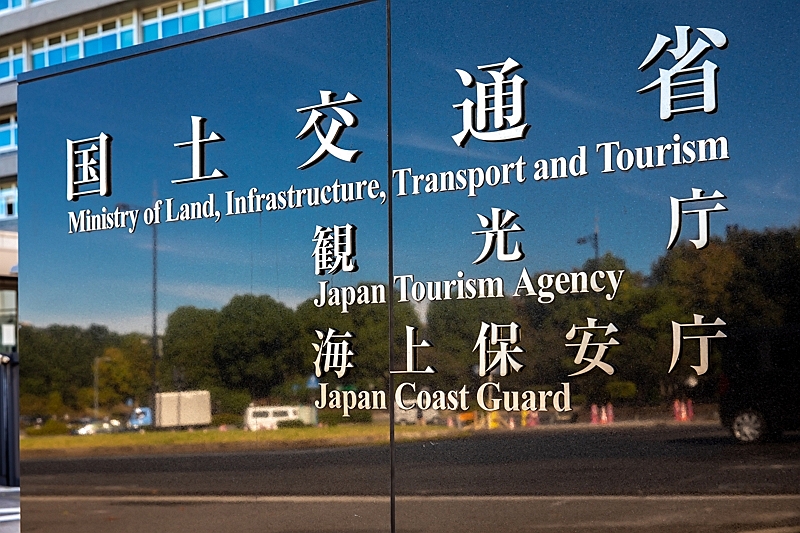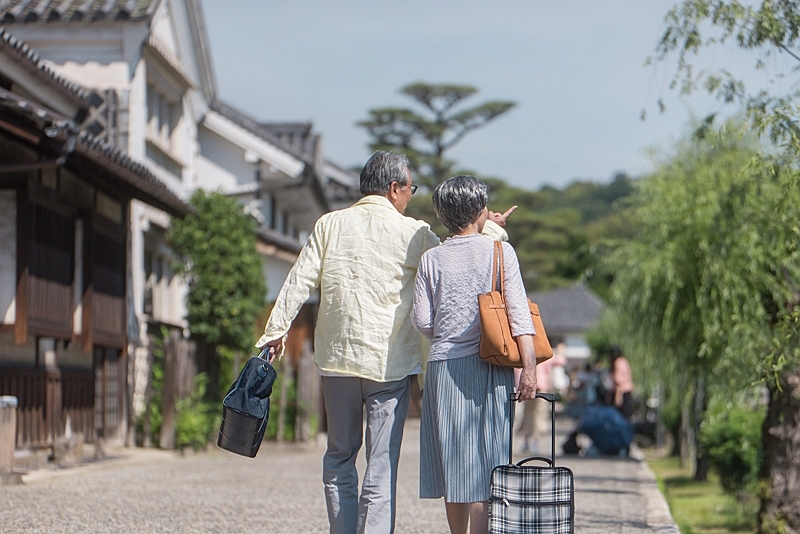
Japan Tourism Agency has requested a budget of 62.8 billion yen in total for FY2025 starting April 1 2025, including 15 billion yen in general account and 47 billion yen in international tourist tax. The expected budget is about 1.2 times more than the FY2024 budget.
New projects for accommodation business and duty-free shop model
JTA has requested a budget of 300 million yen for accommodation business revitalization as a new project to support accommodation operators that are expected to suffer from debts after COVID-19. Specifically, when accommodation businesses seek to revitalize through existing revitalization models, the government plans to promote efforts to improve operations.
Another new project is to build a new duty-free shop model in local areas, for which JTA has requested 50 million yen. For local retailers who sell high price products, such as local craft and specialties, a new duty-free model will be tested, and acquired knowledge will be developed nationwide in order to increase spending by inbound travelers.
Three times more budget for safe travel and worker shortage in local areas
For creation of sustainable tourism areas, a total of 6.7 billion yen have requested, and in the framework, three times more budgets than the FY2024 budget have requested for safe travel for inbound travelers in local areas (100 million yen) and countermeasures against worker shortage in local areas (300 million yen).
For safe travel for inbound travelers, the government will address establishment of a crisis management system, accurate information delivery in multiple languages, strengthening emergency response capabilities at tourist facilities, cashless payment at medical institutions and so forth.
For countermeasures against worker shortage, capital investment for digital transformation, recruitment of foreigner workers and higher management capability will particularly be supported.
To improve quality of outbound educational travel
JTA has requested a budget of 55 million yen for promotion of international educational programs for young generation, which are about 2.75 times more than the FY2024 budget, to support matching outbound educational travel program developers with schools or local governments and development of higher-valued educational programs, such as SDGs-related programs.
Also, JTA will support local stakeholders’ efforts to promote international exchange programs for young generations and select advanced model areas in two-way international exchanges through cooperation with foreign tourism authorities.





